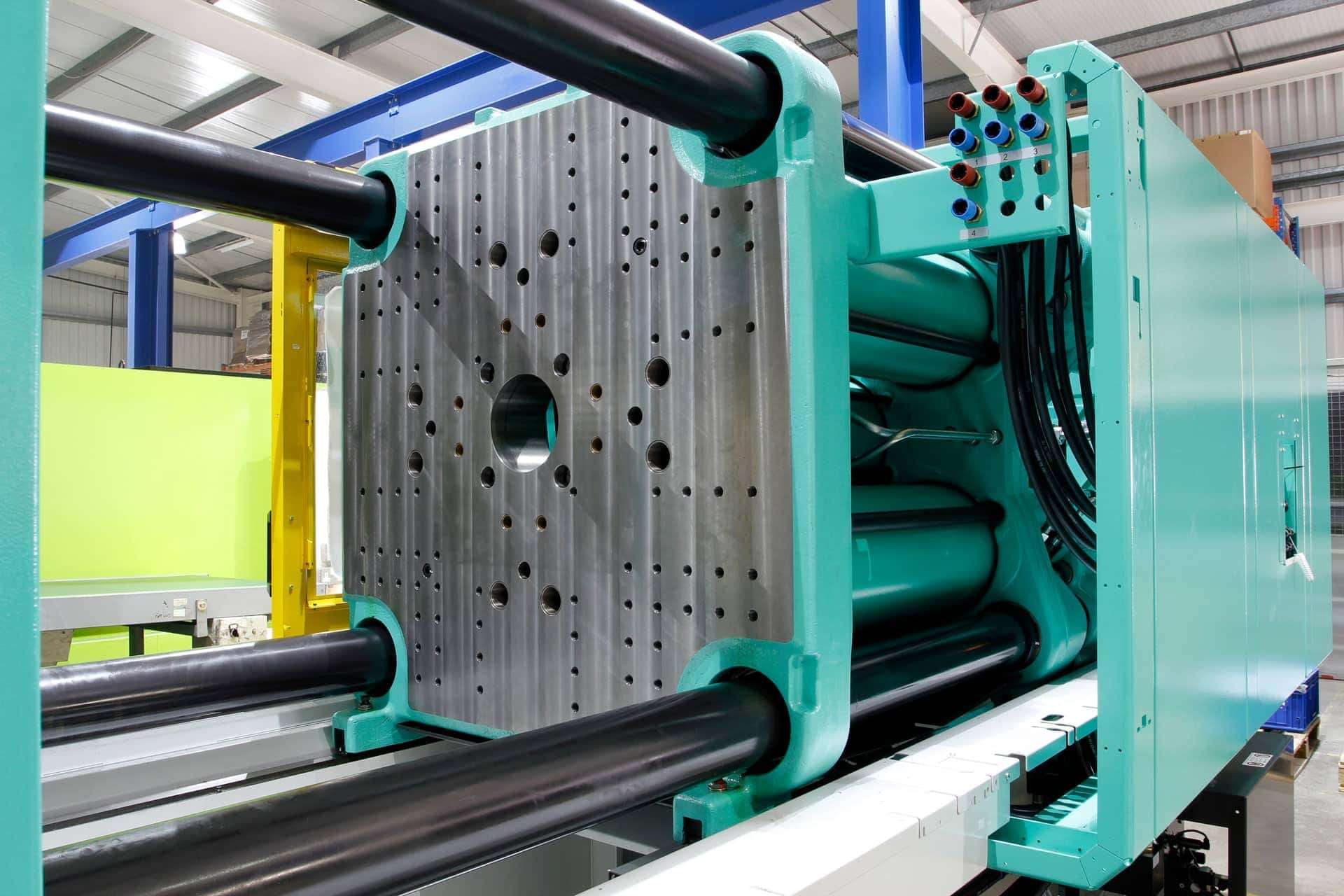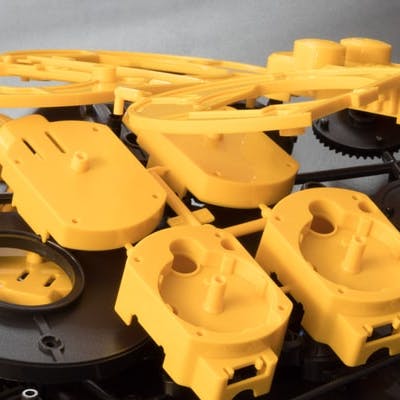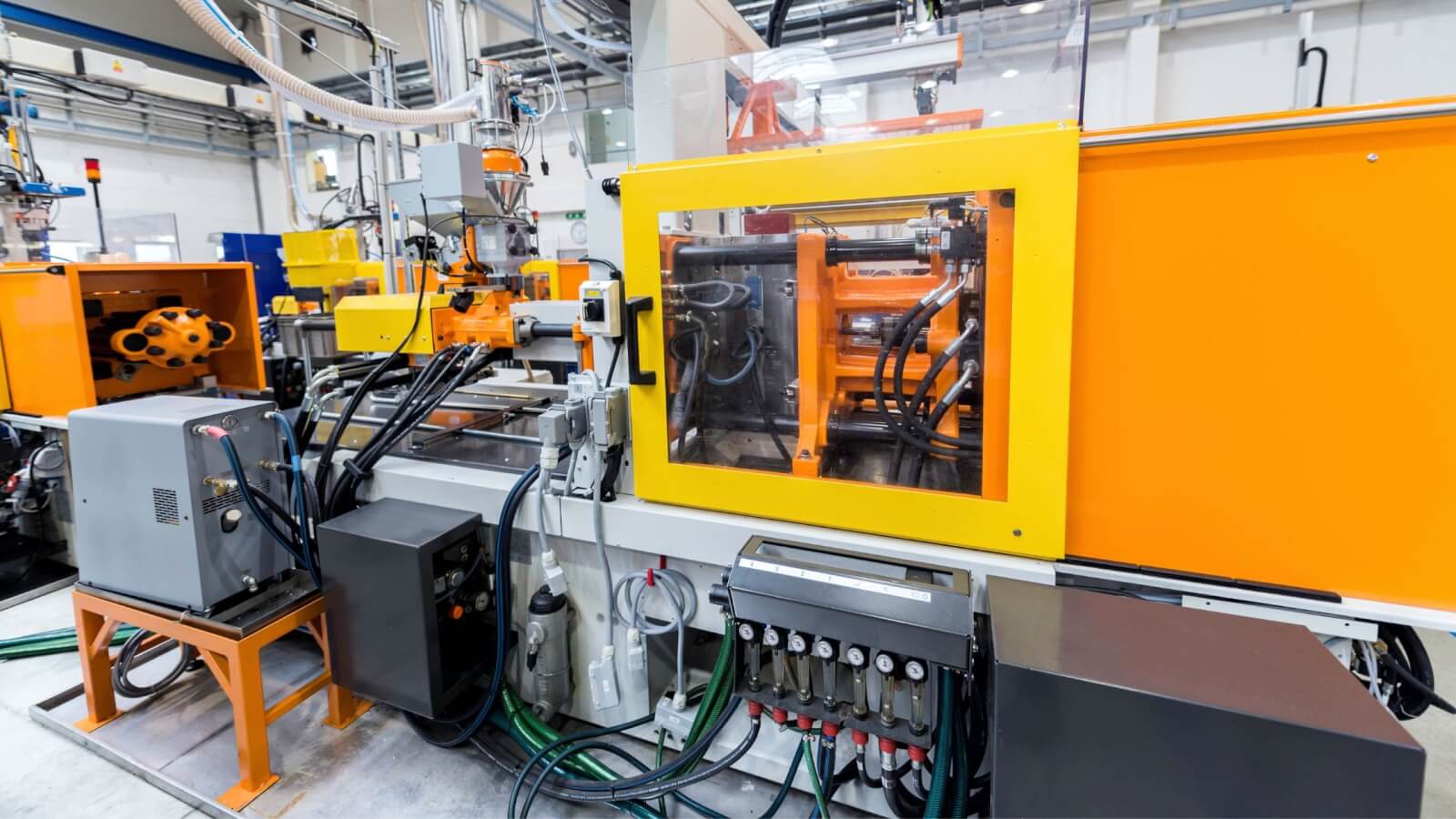The Future of Plastic Shot Molding: Advancements and trends to View
As the plastic injection molding sector progresses, a number of key fads are arising that guarantee to reshape its landscape. Automation and smart production methods are established to improve efficiency, while the change in the direction of sustainable products shows a growing ecological consciousness.
Automation and Smart Production
As the plastic injection molding sector progresses, automation and smart production are taking center stage, revolutionizing manufacturing processes - Plastic Injection Molding. The assimilation of sophisticated technologies such as robotics, IoT (Web of Things), and expert system is enabling manufacturers to improve efficiency, minimize functional expenses, and boost product top quality. Automated systems improve workflows, minimizing hand-operated intervention and boosting throughput, which is vital in satisfying the increasing need for quick manufacturing cycles
Smart producing modern technologies help with real-time surveillance and data analysis, permitting companies to enhance equipment performance and forecast maintenance requirements. This aggressive method not just decreases downtime but likewise prolongs the life expectancy of tools. The usage of joint robotics, or cobots, boosts the versatility of production lines, allowing employees and equipments to run side by side securely and efficiently.
The adoption of automation in plastic shot molding is not just a fad but a tactical imperative for businesses aiming to remain affordable in an international market. By using these technologies, manufacturers can achieve greater accuracy, lower waste, and adjust quickly to altering client demands, positioning themselves for sustainable development in a significantly computerized future.
Lasting Materials and Practices
The push towards automation and smart production has actually led the way for a greater focus on lasting materials and practices within the plastic injection molding sector. Firms are significantly seeking environmentally friendly alternatives to traditional petroleum-based plastics, bring about the fostering of bio-based and recycled materials. These sustainable materials not just lower ecological impact yet additionally line up with consumer need for greener items.

In addition, cooperation in between suppliers, product distributors, and ecological companies is cultivating technology in the growth of lasting products that meet efficiency criteria without endangering high quality. As guidelines around plastic usage come to be more stringent, the sector is positioned to adapt by embracing these sustainable approaches, making certain lasting feasibility and minimizing reliance on non-renewable resources. The assimilation of sustainability right into plastic injection molding is not merely a trend; it is coming to be a crucial element of business responsibility and functional quality.
Breakthroughs in 3D Printing
Current improvements in 3D printing technology are significantly changing the landscape of plastic injection molding. Difficult or when tough to accomplish through standard methods, the combination of additive manufacturing procedures permits for the fast prototyping of intricate geometries that were. This ability not just speeds up item why not try here development cycles however also minimizes material waste, lining up with the expanding demand for lasting production practices
In addition, the development of crossbreed production techniques, which incorporate 3D printing and shot molding, provides suppliers the capacity to create complex designs while preserving the efficiency of mass manufacturing. This approach allows the manufacturing of customized components customized to details client requirements without compromising the rate and this link scalability that injection molding offers.
Furthermore, improvements in products, such as high-performance polymers and composites specifically created for 3D printing, are boosting the useful capabilities of printed components. These materials can stand up to better stress and display enhanced thermal properties, making them suitable for more demanding applications.
As 3D printing remains to develop, its combination into plastic injection molding processes promises to boost productivity, decrease costs, and foster development in product design, positioning manufacturers to better meet the difficulties of an open market.
Data Analytics and IoT Integration
Data analytics and the assimilation of the Net of Points (IoT) are reinventing plastic shot molding by supplying makers with unmatched insights into their operations. By leveraging real-time information accumulated from interconnected makers and sensors, producers can monitor efficiency metrics, recognize ineffectiveness, and enhance production procedures. This data-driven strategy assists in predictive maintenance, lowering downtime and prolonging equipment life-span.
In addition, IoT combination allows for enhanced quality assurance. By continuously tracking variables such as temperature, cycle, and stress times, makers can quickly discover deviations from developed parameters and make changes in genuine time. This not just enhances item consistency yet likewise lowers waste and scrap rates.
The blend of data analytics and IoT modern technologies likewise encourages manufacturers to take on more active production methods. With accessibility to extensive information analytics, organizations can reply to market needs with greater adaptability, adjusting production routines and configurations as needed. This adaptability is essential in a rapidly transforming production landscape.

Modification and Design Adaptability
Just how can modification and style adaptability improve the competitiveness of plastic shot molding? Modification allows suppliers to satisfy particular customer requirements, accommodating special dimensions, forms, and capabilities that common products might not satisfy.
Advancements in style technologies, such as computer-aided style (CAD) and rapid prototyping, additional bolster this fad. These tools make it possible for developers to create complex patterns and complex geometries, which can be effortlessly integrated into the manufacturing process. Because of this, manufacturers can respond swiftly to altering customer preferences and market needs.
In addition, the application of modular tooling systems boosts design versatility, enabling quicker changes between various product styles without extensive downtime. This versatility can bring about reduced lead times and reduced manufacturing prices, making companies much more competitive and agile. Eventually, accepting modification and design flexibility in plastic injection molding not only raises item offerings yet also strengthens market positioning in an ever-evolving landscape.
Final Thought
The future of plastic shot molding is identified by significant innovations in automation, lasting methods, and innovative products. Customization via modular tooling and rapid prototyping will enable makers to stay competitive and responsive to the dynamic needs of the market.

The future of plastic shot molding is identified by substantial improvements in automation, sustainable techniques, and cutting-edge products.
Comments on “The Impact of Plastic Injection Molding on Decreasing Production Costs and Waste”